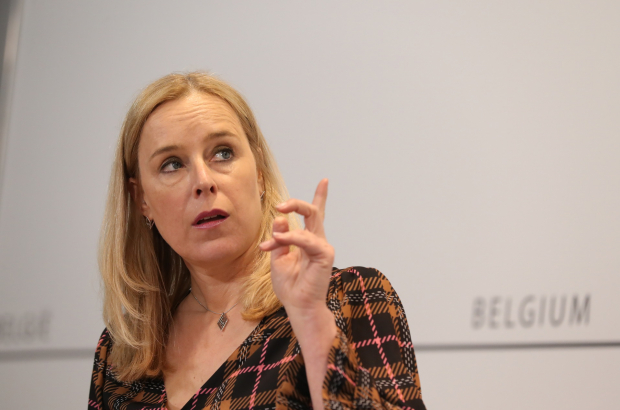- Daily & Weekly newsletters
- Buy & download The Bulletin
- Comment on our articles
Tax advantages for international workers take a hit in new budget
After a few long nights and tense discussions, the federal government has reached an agreement on the budget for 2022. The budget will see cuts of €2.4 billion, which will bring the deficit down from 5.4% to 3.1%.
The government plans reforms to sick leave that runs longer than 10 weeks. Employees who are off work for longer than that will lose 2.5% of their benefits if they do not conform to required measures, such as filling in a questionnaire and keeping appointments with a labour co-ordinator.
Companies with 50 or more employees will also be sanctioned should they have many workers who are on sick leave. This is also set at 2.5% of total salaries. The mutualities are not being let off the hook: Should they not employ enough staff to follow up on long-term absences due to illnesses, they will be sanctioned as well.
In addition, the regions will receive more from the federal coffers if more people are finding their way back to the workplace. Employees, in the meantime, are no longer required to provide an employer with a sick note from the doctor for one day off due to illness. Smaller companies are exempt and can continue to require this if they want to. Sick notes are still required for more than one day of absence due to illness.
Expat taxes
The government is also supporting a programme to help unemployed people in Brussels and Wallonia to find work in Flanders, where there are many job vacancies. The regions are also being given more power to set their own employment policies.
One of the hot-button issues under discussion was whether to scrap the benefit currently offered to the self-employed that exempts them from social security tax contributions for their first employee. Social security contributions are calculated as a percentage of the employee’s salary, between 20 and 32%. It was decided that the benefit would be continued but would be capped at €4,000 gross salary per quarter.
Top sports figures, such as professional footballers, will be asked to pay more in social security taxes. But so will some international workers. People who live in Belgium but have non-resident status don’t have to pay taxes on work that is performed outside of the country. They are also allowed more tax-free expenses than resident taxpayers.
Multinationals have an easier time convincing international workers and researchers to come to Belgium because of this tax advantage. All of this will change next year, however. Anyone working under this tax scheme should check with their employers to see how it will affect the bottom line.
Trains, planes and energy
Next year’s budget, meanwhile, included €1 billion in investments in the transition to a sustainable economy. One-quarter of that is going to rail services, both passenger and freight. “More trains mean fewer lorries and fewer airplanes,” said MP Georges Gilkinet (Ecolo). He said he would like to see freight volume double on the rails by 2030.
Speaking of airlines, passengers will pay an additional tax for flights shorter than 500km. This is meant to encourage travellers to take the train.
To answer the concerns of citizens with regards to skyrocketing energy costs, the government will help people living in poverty or on benefits pay their electricity and gas bills. Federal energy taxes are also being converted into more easily adjustable excise duties, which should also lead to costs coming down a bit for everyone.
Photo: Budget state secretary Eva De Bleeker
©Pool Benoit Doppagne/BELGA


















